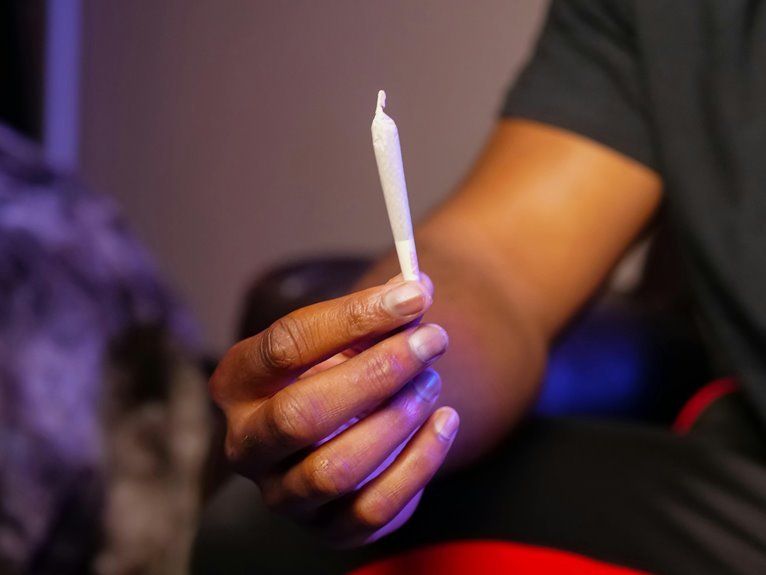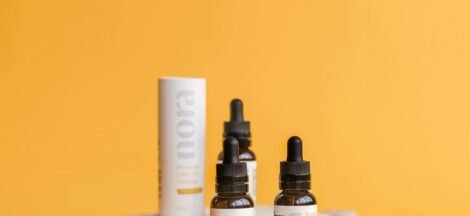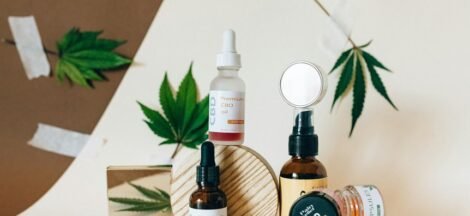The relationship between CBD and THC raises important questions about drug testing outcomes. While CBD itself does not convert to THC, the presence of trace amounts of THC in some CBD products can lead to unexpected results. This complexity necessitates a closer examination of product labeling and cannabinoid content. Understanding these nuances is essential, especially for those subject to drug testing in various environments. What implications could this have for users?
Understanding CBD and THC: Key Differences
Although both cannabidiol (CBD) and tetrahydrocannabinol (THC) are cannabinoids derived from the cannabis plant, they possess distinct chemical structures and effects that set them apart.
CBD is non-psychoactive and often associated with therapeutic benefits, while THC produces psychoactive effects.
Legal regulations vary widely, influencing cannabinoid profiles in products and determining the availability of each compound, thereby impacting consumer choice and freedom.
How CBD and THC Interact in the Body
The interaction between CBD and THC in the body is a complex interplay that significantly influences their effects and therapeutic potential.
Both compounds interact with cannabinoid receptors within the endocannabinoid system, modulating physiological processes. THC primarily activates these receptors, leading to psychoactive effects, while CBD may inhibit THC's effects, potentially providing a balance that enhances therapeutic outcomes without the high associated with THC.
The Impact of CBD on Drug Testing
While CBD is often marketed as a non-psychoactive compound, its presence in the body can complicate drug testing protocols.
Drug tests may not differentiate between THC and CBD metabolites, leading to potential false positives for THC.
This ambiguity highlights the need for clearer testing methods and awareness among users about the implications of CBD consumption, especially in professional environments where drug testing is prevalent.
Navigating Cannabis Consumption Safely
How can individuals ensure safe and responsible cannabis consumption? Adhering to cannabis safety protocols is essential.
Establishing clear consumption guidelines, such as starting with low doses and understanding product potency, fosters informed choices.
Additionally, individuals should consider their environment and personal health conditions.
Conclusion
In the complex world of cannabis, it is ironically the non-psychoactive CBD that may unintentionally lead users into the realm of THC detection on drug tests. While CBD itself does not register as THC, its potential trace amounts can blur the lines of legality and employment status. Thus, individuals seeking to avoid THC should be keenly aware of the products they consume, navigating the landscape with caution to prevent unexpected repercussions in their professional lives.





 What Do Cbd Gummies Do to Your Body?
What Do Cbd Gummies Do to Your Body?